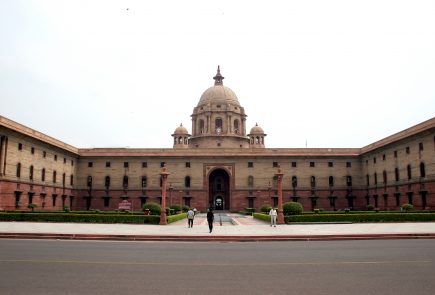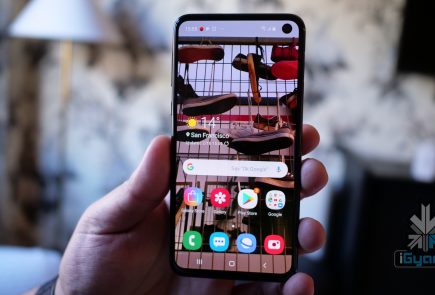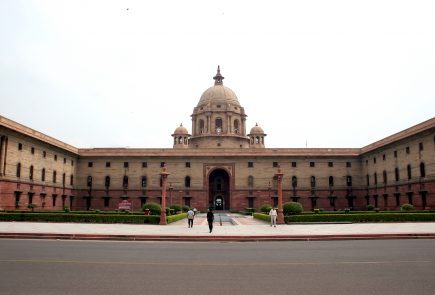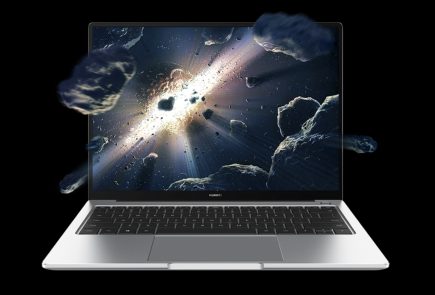YouTube Defeats Viacom In Lawsuit Again
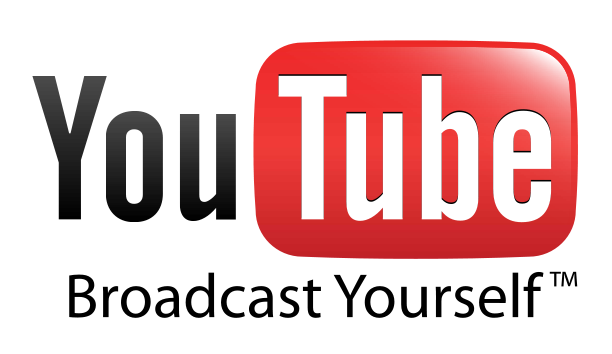
A federal judge handed a major victory to YouTube on Thursday, one year after a federal appeals court breathed new life into Viacom’s $1 billion lawsuit. Viacom had accused YouTube of illegally hosting videos that infringe on the company’s intellectual property, including popular content like MTV videos and TV shows like Comedy Central’s “South Park.”
The case has flip-flopped in federal courts, with YouTube winning the first round in 2010 when U.S. District Judge Louis L. Stanton dismissed Viacom’s allegations that YouTube had violated copyrights by displaying videos of Viacom shows uploaded to the site by users. Stanton ruled that YouTube was shielded by the safe harbor provisions of the Digital Millennium Copyright Act by removing such videos when asked to and granted Google’s request for a summary judgment.
YouTube submitted 63,060 video clips that were later identified as infringing copyrights and challenged Viacom to prove adequate notice of infringement was given to YouTube. Viacom admitted in January that “neither side possesses the kind of evidence that would allow a clip-by-clip assessment of actual knowledge. Defendants apparently are unable to say which clips-in-suit they knew about and which they did not.”
In a decision filed Thursday in U.S. District Court of Southern New York, Stanton reaffirmed his original stance. “The burden of showing that YouTube knew or was aware of the specific infringements of the works in suit cannot be shifted to YouTube to disprove,” Stance said. “Congress has determined that the burden of identifying what must be taken down is to be on the copyright owner.”
Google, which purchased YouTube in 2006 for $1.8 billion, hailed the outcome.
“The court correctly rejected Viacom’s lawsuit against YouTube, reaffirming that Congress got it right when it comes to copyright on the Internet,” Kent Walker, Google’s Senior Vice President & General Counsel, said in a statement. “This is a win not just for YouTube, but for people everywhere who depend on the Internet to exchange ideas and information.”
[BillBoard]

















